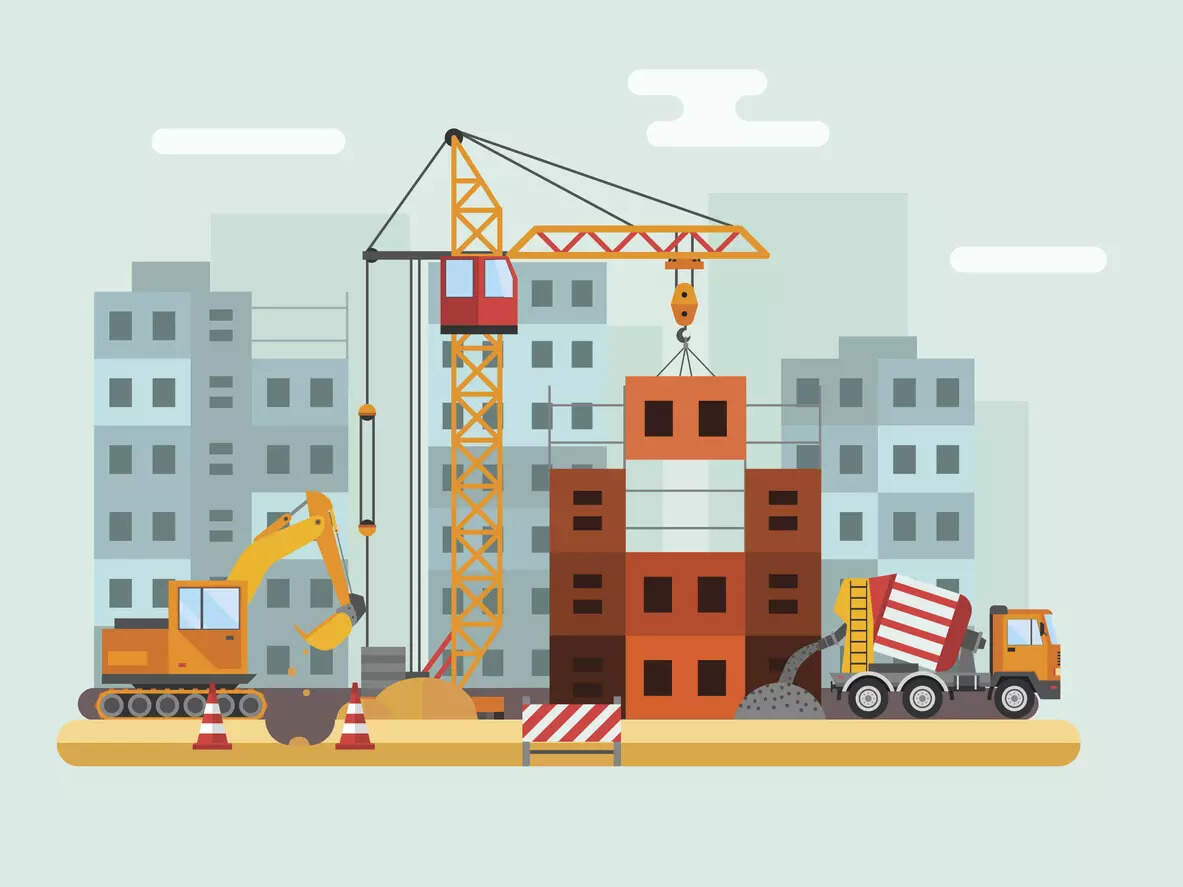
NEW DELHI: By 2030, the current society redevelopment projects in Mumbai (MCGM) region would add a total of 44,277 new homes at the value of ₹1,305 billion, according to a report by Knight Frank India.
According to the report, a total of 910 housing societies have signed development agreements (DA) since 2020, unlocking nearly ~326.8 acres (1.32 million sq meters) of potential land area, based on FSI utilisation norms and average unit sizes across the regions. The report notes that an estimated 160,000 societies were over the age of 30 and eligible for redevelopment.
Western Suburbs, which include high density population locations of Bandra to Borivali can expect to see the addition of the 32,354 new homes forming 73% of the total addition to stock from society redevelopment while South Mumbai would add 416 new housing units.
The state government is expected to generate estimated revenues of ₹6,500 crore on account of the sale of the free sales from the society redevelopment in the next five years. Additionally, the free sales will generate Goods and Services Tax (GST) of estimated ₹6,525 crore in the same period.
Shishir Baijal, chairman & managing director, of the company said, “The free sale component from society redevelopment is expected to generate approximately ₹7,830 crore in stamp duty and another ₹6,525 crore as GST. However, the segment today appears overheated and is fast reaching a point of inflection. Rising prices have fuelled commitments that stretch well beyond sustainable limits, while society members’ expectations have grown disproportionately. At this juncture, it is imperative for both societies and developers to leave adequate headroom in their arrangements and to structure finances prudently.”
Between 2020 and H1 2025, the Western Suburbs alone accounted for 633 out of 910 society deals, recording 70% of all agreements signed since 2020. Central Suburbs add another 234 societies, pushing the suburban contribution to almost 96%.
Borivali, Andheri, and Bandra micro-markets emerge as the top three redevelopment hotspots, together contributing over 139 acres of activity. By contrast, Central and South Mumbai recorded just 43 redevelopment agreements, underscoring the challenges of fragmented ownership, legacy tenancies, and higher entry costs.
Redevelopment remains concentrated in compact societies. Over 80% of registered agreements since 2020 were for plots below 0.49 acres, highlighting the operational challenges of land aggregation in dense city precincts. Since 2020, 754 societies with plot area upto 0.49 acres have signed deals for society redevelopment
Gulam Zia, senior executive director– Research, Advisory, Infrastructure and Valuation, of the company said, “With overheated market conditions and sharply rising prices, we are at a stage where excessive demands and aggressive offers threaten long-term viability. Our assessment suggests that in markets below ₹40,000 per sq ft, developers should not share more than 30–35% of the total area with the society. This may increase to 35–40% where prices range between ₹40,000 and ₹60,000 per sq ft, and up to 50% in locations priced over ₹75,000 per sq ft. Beyond these thresholds, cashflows lose flexibility and projects become vulnerable. Both societies and developers must therefore plan with adequate buffers so that if the cycle tilts downward, there remains enough room for redressal and completion.”
The report highlights that redevelopment is inherently a long-cycle endeavour, with projects typically spanning 8–11 years from initiation to final handover. Societies that began their journey in 2020 are only now entering construction or early delivery phases.
This extended horizon exposes projects to multiple market cycles, interest rate environments, and policy shifts. While redevelopment has gained viability under DCPR 2034 and other supportive frameworks, challenges remain around consensus building, title clarity, and civic permissions.
The report stresses that societies with clear titles, robust documentation, and unified member consent tend to attract stronger developers and achieve faster closures. By contrast, weak documentation or overextended negotiations can stall projects for years, eroding trust and market opportunity.











